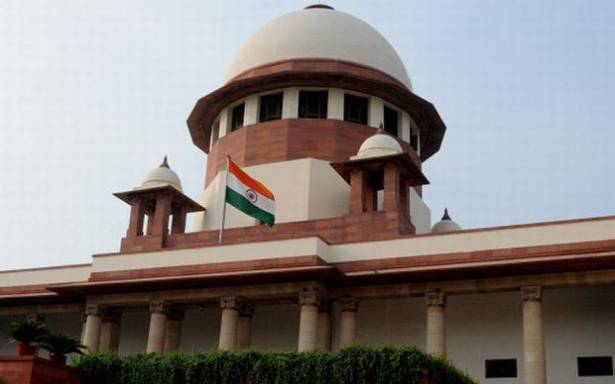The Supreme Court has held that a person cannot be held guilty of abetting suicide merely because they quarrelled that day.
Having a fight which led to suicide does not necessarily translate into instigating suicide, a Bench of Justices M.R. Shah and Aniruddha Bose said in a judgment. Active instigation is an essential ingredient under Section 306 (abetment of suicide) under the Indian Penal Code.
“Abetment by a person is when a person instigates another to do something. Instigation can be inferred where the accused had, by his acts or omission, created such circumstances that the deceased was left with no other option except to commit suicide,” Justice Shah wrote.
The case concerns a woman who quarrelled with her husband and committed suicide hours later. The husband too tried to poison himself after the fight, but survived.
“The allegation against the appellant [husband] is that there was a quarrel on the day of occurrence. There is no other material on record which indicates abetment. There is no material on record that the appellant-accused played an active role by an act of instigating the deceased to facilitate the commission of suicide. On the contrary, in the present case, the appellant-accused also tried to commit suicide and consumed pesticide,” the court reasoned.
The lower courts had erred in finding the husband guilty of abetment, the apex court noted, as it quashed the charges against the man under Section 306 IPC and the Tamil Nadu Prohibition of Harassment of Women Act.




